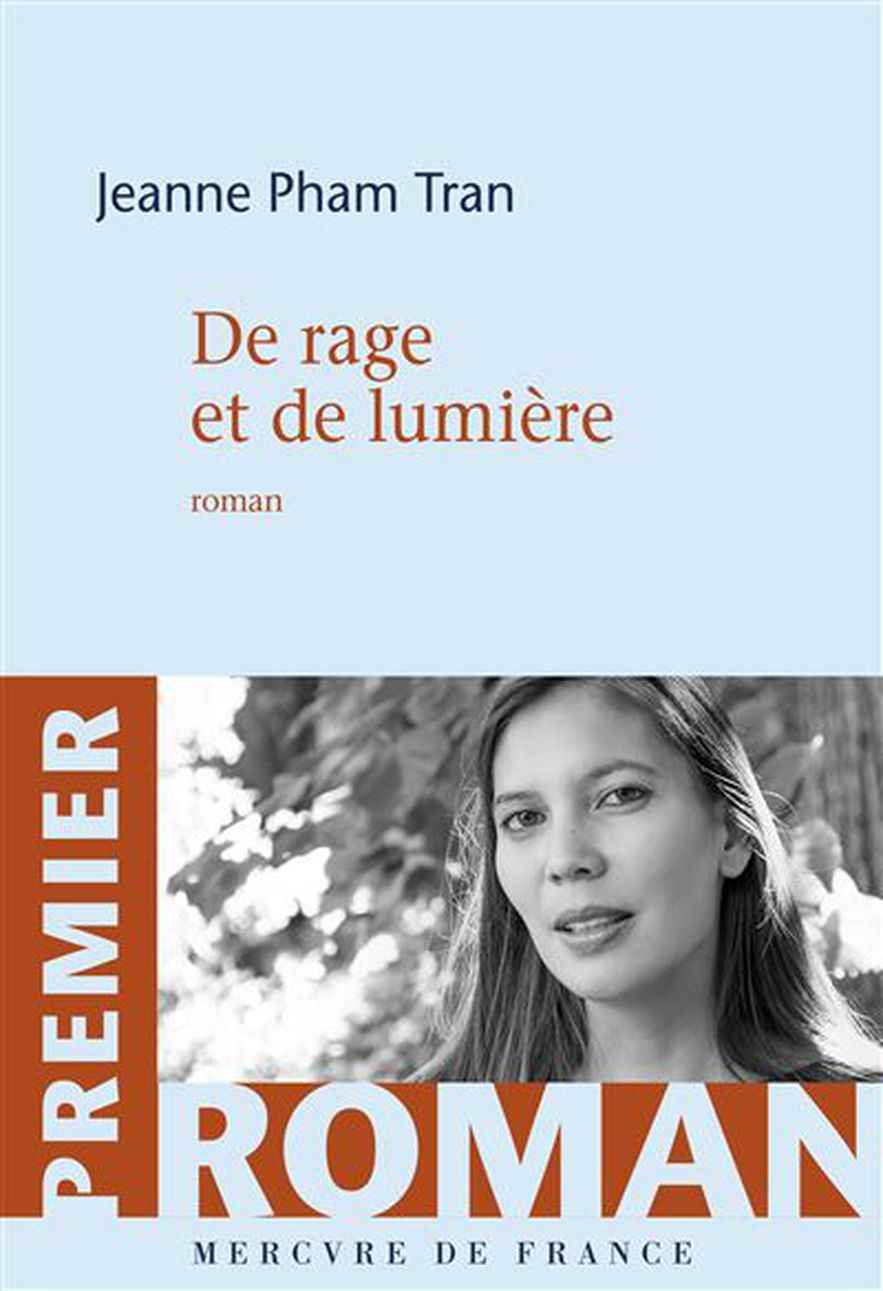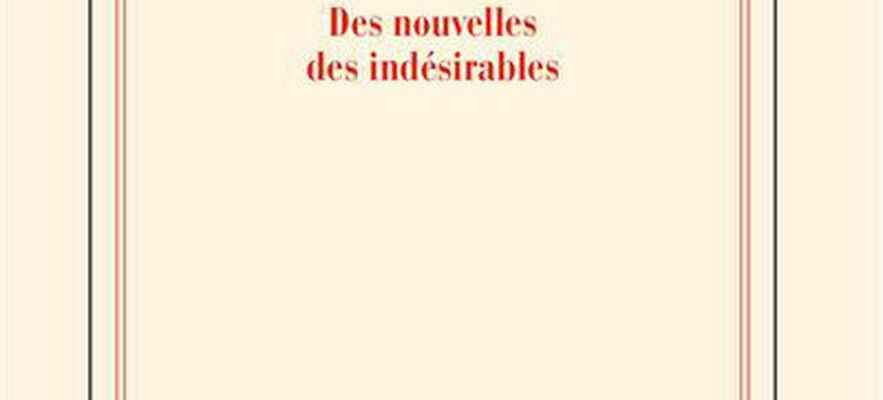Obverse. News from the undesirables
By J.-MG Le Clézio.
Gallimard, 224 pages, €19.50.
The rating of L’Express: 4/5
Obverse. News from the undesirables By JMG Le Clézio. Gallimard
© / Gallimard
Le Clézio reminds us repeatedly: he is Franco-Mauritian, but in reality, the 2008 Nobel Prize for Literature is becoming more and more a citizen of the world. Is it for having wandered around, from universities to shelters, from one corner of the planet to another (Thailand, United States, Panama, South Korea, China, Brittany)? Or devoured the universal library, from Stig Dagerman to the mad monk Ryokan, from Goethe to Aminata Sow Fall? Still, at 82 years old, the Niçois Le Clézio tirelessly embraces the ills of the planet. A penchant that would go back to his very young years, when he holed up in the cellar of the family apartment in Nice during the alarms announcing a bombardment. “Like many children of war, I am particularly attentive to misfortune,” the writer confided a few days ago during his inaugural lesson at the very first edition of the Marrakech African Book Festival.
From those years, he also remembers the Creole poem, “La Rivière Tanier”, which his grandmother sang to him to reassure him, a melancholic song, a song of slaves. It is indeed these sweet and bitter songs, but also life-saving, which unite the eight short stories of the collection Obversesubtitle News from the undesirables. Written between 1993 and today, spanning continents and eras, they testify to the permanence of the concerns of Jean-Marie Gustave Le Clézio, from colonization to war, from sexual violence to raids by drug traffickers, a procession of misfortunes dotted here with outstretched hands that – sometimes – restore hope in humanity. And surprise: this luminous and poetic collection of the author of The Africana hymn to nature, to the wretched of the earth and to men in rags, was, for once, hailed by a unanimous press.
Obverse is the front side of the gold coin given to his daughter Maureez by a fisherman from the island of Rodrigues, shortly before disappearing at sea. A lucky coin from a sunken treasure. Obverse, it is one of the longest and most beautiful short stories of the collection. Manhandled by her stepmother, assaulted by her libidinous companion, little Maureez runs away, is rescued by an old man before being entrusted to the nuns of a convent. Faced with the aggressiveness of some of her orphan “comrades”, she flees again, towards the mountain, eternal refuge of the fugitives. In the end, it is her voice, in gold, that will save her, a voice that ignites the songs of revolt and love, and bewitches. It is also a voice that supports Marwan and Mehdi, two young brothers wandering from one camp to another, in wartime Lebanon. The same for Yoni, who rediscovers her Indianness in the forest of her country invaded by narcos, “peddlers of death”.
They are not saints: the kids of Nogales, on the American-Mexico border, taunt the Migration when the gringos open the floodgates to clean the sewers. It “suffices” then to sneak into the narrow gut to go pilfering on the other side. The reader takes a deep breath and applauds. Just as he dreams with Tata’s Moroccan plasterer, in his Parisian dormitory room, of the sweet face of Oriya, his lover back home. PM
Of rage and light
By Jeanne Pham Tran.
Mercure de France, 204 pages, €19.50.
The rating of L’Express: 4/5

Rage and Light By Jeanne Pham Tran. Mercury of France
© / Mercury of France
Here is one who has not had an ordinary life. Of Polish Jewish origin, Jack Preger was born in Manchester in 1930. After brilliant studies at Oxford, he first settled as a farmer in Wales. It is there that, on his tractor, he hears a voice one day: he must become a doctor. With his diploma in hand, he left for Bangladesh, then for India, where in 1979 he created the charity organization Calcutta Rescue. He never left, and continues against winds and tides to care for the poorest, sometimes lepers, whom he comes to help directly in the street. A few years ago, the editor Jeanne Pham Tran discovered a documentary on this astonishing Doctor Jack. She sends him a few emails, he bullies her. Never mind: she takes a plane ticket to Calcutta, goes to the modest neighborhood where the misanthropic benefactor lives and rings at his door, convinced that a book should be written about him.
If Jack Preger has Father Ceyrac’s kindness, he hides it under a grumbling worthy of Captain Haddock. With humor, Jeanne Pham Tran tells how she struggles to be dubbed like Sancho Panza by this “Don Quixote of Bengal”. The grumpy old man softened: it is true that the young woman is not well, her mother being dying in France following a long illness. Jack and Jeanne: both fled to seek a form of light far from home. In the moving pages she devotes to her mother, we feel that Jeanne Pham Tran has read A woman by Annie Ernaux. She has a talent very different from her eldest, poetic flights when she walks us through the slums of Calcutta, and a Bernanosian way of dissecting the complex heart of Doctor Jack – who is no small saint and reveals to him wounds, flaws and course errors. Saint Paul said it already: there are no heroes, only men.
We feel a soul vibrate in these pages, which is not so frequent these days. It is about lives being extinguished, others being rekindled. A book on the resurrection? An ideal theme when you witness the birth of a first-time novelist, whom you will now follow closely. Louis-Henri de La Rochefoucauld
